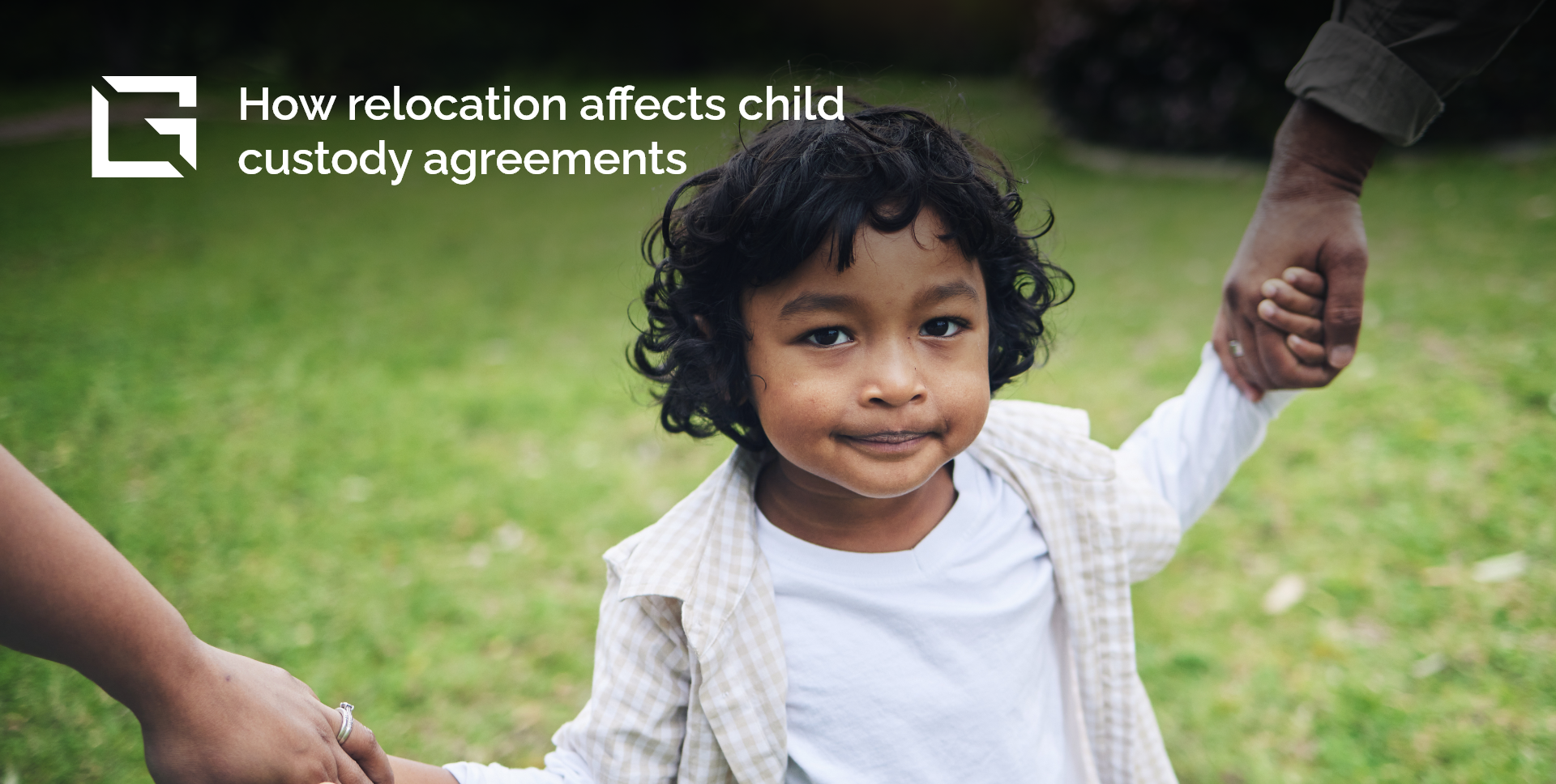Two parents and a hard decision to make
Once upon a time, in the city of Utah, lived co-parents named Sarah and David. They had a beautiful daughter named Lily, who was the apple of their eye. Life was peaceful until one day, Sarah received a dream job offer in a distant city, hundreds of miles away.
Sarah was overjoyed at the prospect of this new opportunity, but she couldn’t help but feel a pang of guilt about leaving Lily behind. David, while supportive of Sarah’s career, was also concerned about the impact the move would have on their family.
The decision of whether to relocate with Lily or maintain the current custody arrangement was a heavy burden for Sarah and David. They knew they had to prioritize Lily’s best interests and consider the complexities of long-distance parenting.
As they navigated this difficult time, Sarah and David realized they weren’t alone. Many families across the country face similar challenges when one parent seeks to relocate. They decided to share their story and provide guidance to others who might be going through a similar experience.
How Relocation Affects Child Custody Agreements
Relocation can be a complex and emotionally charged issue for parents, particularly when it involves child custody arrangements. If you or your co-parent are considering a move that would significantly impact your child’s living situation or school district, it’s essential to understand the legal considerations and steps involved. With Gibb Law Firm as your attorney, we are your dedicated ally in navigating the complexities of child custody law. We understand that matters involving the well-being of your children are of the utmost importance, so we provide compassionate and knowledgeable legal support.
P.S. – Gibb Law Firm is excited to announce the launch of an advanced new resource dedicated to Civil Litigation! Check out our press release to learn how we aim to streamline legal processes, ensuring that clients receive the most effective and informed representation in their civil cases.
Modifying Existing Custody Agreements
Any relocation that affects a child’s primary residence or school district typically requires court approval to modify the existing custody agreement. This is because such changes can have a profound impact on a child’s stability, education, and relationship with both parents.
Steps Involved in Relocation Requests or Oppositions
- Notify the Other Parent: If you’re planning to relocate, it’s crucial to notify the other parent in writing as soon as possible. This allows them time to prepare and potentially oppose the move.
- File the Appropriate Paperwork: Depending on your state’s laws, you may need to file a petition or motion with the court requesting a modification of the custody agreement. This paperwork will outline the proposed relocation and provide details about why the move is in the child’s best interest.
Demonstrate the Move is in the Child’s Best Interests: The court will carefully evaluate the proposed relocation to determine if it is truly in the child’s best interest. This involves considering factors such as the reason for the move, the distance involved, potential benefits for the child, and the impact on the existing relationship with the non-relocating parent.
How Courts Assess Relocation Requests
When evaluating relocation requests, courts often consider the following factors:
- Reason for the Move: The court will examine the legitimacy and strength of the reasons for the move. Examples might include job opportunities, educational benefits, or family-related circumstances.
- Distance: The distance between the current and proposed residences can be a significant factor. Longer distances may present challenges for visitation and communication.
- Benefits for the Child: The court will assess how the relocation might benefit the child, such as improved educational opportunities, access to family members, or a better quality of life.
- Impact on the Existing Relationship: The court will consider how the relocation might affect the child’s relationship with the non-relocating parent. Maintaining regular contact and visitation is essential.
- Child’s Preference: If the child is of sufficient age and maturity, the court may consider their preference regarding the relocation. However, the child’s best interests will always remain the primary consideration.
- Financial Implications: The court may also consider the financial implications of the relocation, including the cost of travel, housing, and child support.
Consequences of Relocating Without Court Approval
If a parent relocates without court approval, it can lead to serious legal consequences, including:
- Custody Disputes: The non-relocating parent may file a motion to modify the custody agreement, potentially resulting in a custody dispute.
- Penalties: The court may impose penalties on the relocating parent, such as fines or changes to the custody arrangement.
- Loss of Visitation Rights: In some cases, the non-relocating parent may lose their visitation rights if the relocating parent has acted in bad faith.
Negotiating Relocation Terms
In certain types of cases, hiring an attorney is strongly recommended. These include:
- Criminal defense: Criminal charges can have severe consequences, and having a skilled attorney can make a significant difference in the outcome of your case.
- Complex civil litigation: Cases involving substantial financial stakes, complex legal issues, or multiple parties often require the expertise of an attorney.
- Family law matters: Divorce, child custody, and other family law disputes can be emotionally charged and involve complex legal procedures.
Resources for Self-Represented Litigants
In many cases, parents can successfully negotiate relocation terms without resorting to litigation. This involves crafting a visitation schedule that accommodates the new distance and ensuring that both parents have regular opportunities to communicate with and spend time with their child.
Tips for Negotiating Relocation Terms
- Be Open and Honest: Approach the negotiation with a willingness to compromise and find mutually agreeable solutions.
- Consider the Child’s Best Interests: Keep the child’s well-being at the forefront of your discussions.
- Seek Professional Help: If you’re struggling to reach an agreement, consider consulting with a mediator or family law attorney.
Conclusion
Relocation can be a challenging process for families, but by understanding the legal considerations and working collaboratively with your co-parent, you can navigate this situation effectively. Consulting with a family law attorney can provide valuable guidance and support throughout the process.
At Gibb Law Firm, we understand the importance of custody arrangements and the complexities of family law. Our experienced attorneys are committed to advocating for your family’s well-being and ensuring that your legal matters are handled with care and compassion. With a focus on personalized attention and strategic representation, we work tirelessly to protect your rights and prioritize the best interests of your children. Whether you’re dealing with custody arrangements, divorce proceedings, or other family law matters, don’t hesitate to explore the Family Law section of our FAQ page or reach out to our team for a consultation. Your family’s future is our top priority.
Disclaimer: This article is for informational purposes only and does not constitute legal advice. Please contact us to discuss the specifics of your situation.



